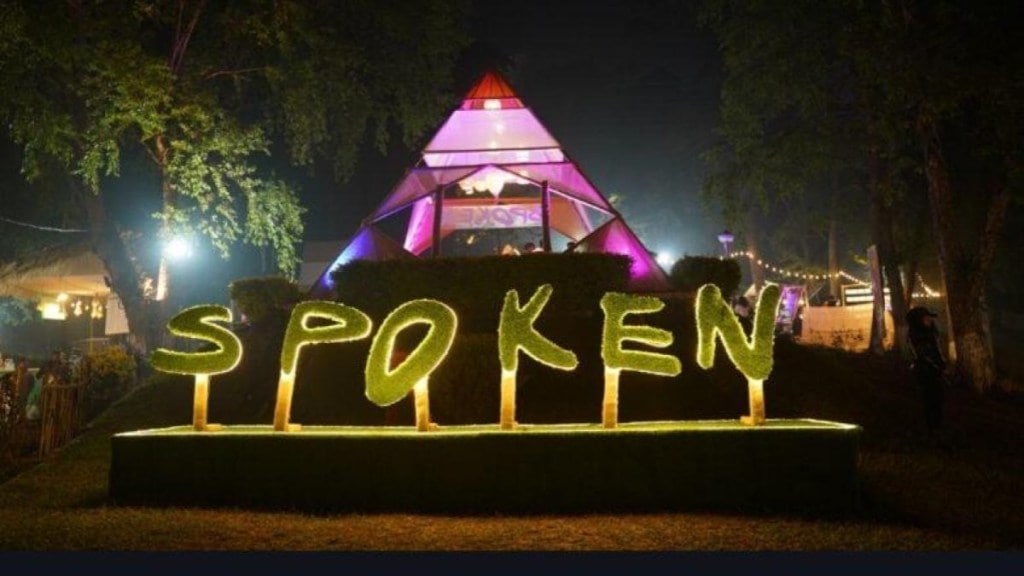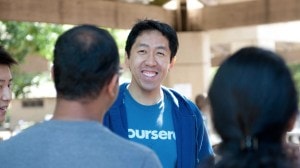S
If there’s one thing that globalisation has tried to very covertly take away from us, it’s our own traditions, the ones that we grew up with and held close to our hearts for many many ages. Until one day, we woke up and never indulged in them again.
One such tradition that has been at the risk of being lost for quite some time now is oral storytelling. Remember the tales your grandmother used to tell you while tucking you in bed, the magic that mushairas held, the Ramayana and Mahabharata tales recited in your neighbourhoods, and even the extempore competitions in school where you invariably fumbled or laughed?
In a time when countless avenues of entertainment are just a click away, preserving the OGs can be an arduous task, one that might feel too tedious. But there are some people who have held onto them firmly, to keep intact the glory of an almost pious art form—one that myths and mythologies hugely relied on.
Take for instance, storytelling festivals—Kathaalok held in Delhi, Gaatha: Mumbai International Storytelling Festival, Kathakar scheduled to be held in the national capital from January 31-February 2, Udaipur Tales to be held in its namesake Rajasthani city from January 10-12, and Spoken Fest, among others. Held across regions, they have been wonderful avenues to bring patrons of the art form together.
Says Sushmita Singha, co-founder at Udaipur Tales: “We are creating a space where people can pause, connect, and truly live the magic of storytelling. The bond between the storyteller and the listener is something no digital medium can replicate, and that is what draws people to festivals.”
Kathakar will be hosting artists from Poland, UK, Australia, Mongolia and Estonia, among other countries; while also having performances by qissebaazs and mainstream musicians from the Hindi film industry. Prarthana Gahilote, festival director of Kathakar International Storytellers Festival, which is in its 14th year and set to host its 18th edition, says they also curate special sessions for their festival to bring in schoolchildren.
Roshan Abbas, the founder of Kommune and festival director of Spoken Fest, which was held in Shillong on December 6 last month and is gearing up for its Mumbai edition on February 1-2, tells FE that their programming, too, is “intentionally structured to appeal to people across age groups”. They hold panels showcasing contemporary storytelling, celebrating classical art forms, conversations with writers and directors, and performance showcases.
But it’s not easy to organise these festivals year after year. Gahilote of Kathakar says, “People across all age groups are now glued to their gadgets. It is difficult to hold their attention for more than a few minutes.”
Singha of Udaipur Tales agrees. She laments that with people so immersed in the digital world, they rarely get the chance to “experience the emotional connection of listening to a story in person”. And when they do, more often than not, they tend to capture it virtually rather than be present.
All said & done
Bringing any crowd, especially young people, to festivals is a task in itself. So the organisers are now offering them a plethora of formats to draw them in and help them discover new talent.
At Udaipur Tales, for instance, folk artists, qawwals, dastangos, and even storytellers from Latin America and France will be performing.
However, Abbas does acknowledge, “Our digital presence has been instrumental in engaging younger audiences. With 82% of our audience between ages 18 and 35 years, Spoken Fest invites a lot of mindful millennials and Gen Z seeking authentic experiences.”
Singha, too, mentions that the Udaipur-based festival has been fortunate in bringing in people from all age groups to the different events and panels; while also organising some sessions for children.
Accumulating funds to organise these festivals is a big hurdle too. Rachna Gahilote Bisht, Kathakar’s festival organiser, says finding funds is a cycle you could get stuck in. To bring people to the festival, you have to host a magnitude of international performers —the production and management costs of which are a burden to handle, and if you don’t have a specialised lineup, the crowds won’t come.
With Kathakar travelling to Delhi, Jodhpur, Chennai and Shimla for its upcoming edition, money becomes an even bigger concern. Fortunately, says Bisht, “Since 2013, we have been partnering with the Union ministry of culture, and for the past two editions, Delhi Tourism has been supporting us as well.”
Walking the talk
But, beyond these annual events, the attempt to keep going at oral storytelling remains. Kathakar’s organisers hold sessions for children in hospitals, schools, and faith-based organisations. With collaboration with NGOs such as Nivesh, the festival has also been setting up public libraries to “inculcate a habit of reading in children”.
What’s also interesting is that festivals don’t just help people engage in an art form they look up to, they also help create future avenues for the artistes themselves. Says Abbas, “We’ve witnessed some remarkable journeys—from Mohammad Mun-eem, the phenomenal singer from Kashmir who credits Spoken as the beginning of his new life, to Srushti Tawade’s evolution as a rapper, and Hussain Haidry finding his broader audience. Even established artistes like Kausar Munir have used our platform to showcase different facets of their artistry.”
That said, Abbas does note that the Spoken Fest team is exploring an expansion into schools, to help build storytelling as a skill in the age of AI.







